Ο.Μ.. Παγκόσμια Έκθεση Εκπαίδευση Ρούμπιν
Είτε μας αρέσει είτε όχι, Τα παιδιά που μεγαλώνουν σε ένα τεχνολογικό περιβάλλον, και να γνωρίζει πώς να κάνει την καλύτερη δυνατή χρήση των καλών τεχνολογίας είναι ένα κρίσιμο μέρος της προετοιμασίας τους για τη μελλοντική ζωή τους. Σημαντικές δεξιότητες του 21ου αιώνα, όπως η επίλυση προβλημάτων, επικοινωνίας και δημιουργικότητας μπορεί επίσης να βελτιωθεί με τη χρήση του μεγάλου τεχνολογίας. Αυτό το μήνα μας κορυφαία παγκόσμια εκπαιδευτικούς share their top tips on which edtech tools have dramatically supported and improved learning in our teachers’ classrooms around the world. Jim Tuscano’s personal criteria in selecting his top tech choices includes tech that supports “independent and self-directed learning, active, creative and collaborative learning, as well as critical thinking, provides intuitive and user-friendly interface and is accessible to all learners.” In making his selections, Adam Steiner notes that “whichever device you bring into your classroom, τελικά είναι όλα σχετικά με το περιεχόμενο,” and “the good news is that great new educational Virtual Reality content is coming out every day.” When sharing the good, το κακό, και την καλύτερη, Elisa Guerra Cruz notes that “teaching in the Fourth industrial revolution takes passion and initiative, and along with the challenges come the exhilarating opportunities.”
«Ένας αληθινός πολίτης του κόσμου κατά τη γνώμη μου,, είναι ένα ανθρώπινο θεματοφύλακας όλων των ανθρώπων στο παγκόσμιο χωριό μας, και όχι μόνο της χώρας ή αυτός ζει σε,” says Professor υπάρχουν Αηατοηί in Israel, ο οποίος μίλησε μαζί μας αυτό το μήνα. Ada is the founding President of the International Forum for the Literature and Culture of Peace (IFLAC). She believes that “words, επικοινωνία, literature and the arts, μπορεί να προωθήσει την ειρήνη, ανοχή και την αρμονία, and bring about a change.” While “education is the most important element in developing, ανατροφή και πολλαπλασιαστικού αποκατάσταση της ειρήνης,” she says this education “should be given to the teachers and the parents too.”
And that’s a great segue into our interview with Mali-born New York based singer-songwriter Awa Sangho, a rising star on the global music scene. Μεγαλωμένη από μια γιαγιά που την ενθάρρυνε να θέσει ως στόχο της υψηλής, έχει κάνει ακριβώς αυτό, ξεπερνώντας δυσκολίες και προκλήσεις στα νιάτα της να βρει την επιτυχία ως τραγουδιστής, κρουστός, και συνθέτης. Είναι ένας παθιασμένος ακτιβιστής για την εκπαίδευση των νεαρών κοριτσιών και των γυναικών στη Δυτική Αφρική, καταδικάζοντας την πρακτική του ακρωτηριασμού των γυναικείων γεννητικών οργάνων. «Ποιος είμαι αντιπροσωπεύει την Αφρική, όλη την Αφρική," αυτή λέει, σαφώς υπερήφανος για τους αυτοαποκαλούμενους ρόλο της ως πολιτιστικού πρέσβη. Σε συνέντευξή της στο The Σφαιρική Αναζήτηση για Εκπαίδευση, she speaks about the power of music as a universal language, και γιατί η εκπαίδευση μπορεί να «ανοίξει οποιαδήποτε πόρτα σε αυτή τη γη.»
Σύμφωνα με Charles Fadel, ιδρυτής του Κέντρου Σπουδών Επανασχεδιασμός, “new and more innovative knowledge maps are now needed to help us navigate the complexities of our expanding landscape of knowledge.” Fadel’s organization has been producing new knowledge maps that redesign knowledge standards from the ground up. In our interview with Fadel this month, he notes that “understanding the interrelatedness of knowledge areas will help to uncover a logical and effective progression for learning that achieves deep understanding.”
Making quality health care available for all people is the UN’s Sustainable Development Goal No. 3 – a goal that global leaders seek to achieve by 2030. In our interview with Kara Hanson, Ο καθηγητής του Συστήματος Οικονομικών της Υγείας στο London School of Hygiene & Tropical Medicine, she discusses two main challenges for healthcare in low and middle-income countries (LMICs). Η πρώτη πρόκληση είναι η «αυξανόμενη επιβάρυνση των μη μεταδοτικών ασθενειών (NCDs) σε LMICs.»Επισημαίνει ότι«περισσότερο από το ήμισυ της επιβάρυνσης της υγείας σε χώρες χαμηλότερου μέσου εισοδήματος οφείλεται σε νοσήματα, και ακόμη και στις λιγότερο εύπορες χώρες, NCDs are responsible for one-third of the disease burden.” Hanson, along with our Millennnial bloggers, weigh in this month to discuss the problems and offer strategies to achieve Universal Healthcare coverage for all people. Hanson discusses policies such as “taxation of unhealthy foods and modification of urban environments to facilitate physical activity.” Additionally, she stresses that more focus is needed on health services for conditions like hypertension and diabetes, “that require lifelong management.” Bonnie Chiu explains why she believes that “impact investing is the key to funding universal access to healthcare.” Jacob Navarette focuses on the challenges faced in the United States and recommends “broadening taxation and reducing spending” as a way to balance the books, while Dominique Dryding in South Africa asks us to consider health alternatives which may already exist and which are trusted by significant proportions of populations.” She notes that “given a legitimate platform, το κόστος της υγειονομικής περίθαλψης θα μπορούσε να μειωθεί, διότι θα υπάρχει μειωμένη συχνότητα των ασθενειών που προλαμβάνονται (όπως ο διαβήτης τύπου II), και η πίεση του επίσημου συστήματος υγειονομικής περίθαλψης θα μειωνόταν ως αποτέλεσμα.»
(Οι φωτογραφίες είναι ευγενική προσφορά του CMRubinWorld)
C. M. Rubin
Έλα μαζί μου και παγκοσμίως γνωστή ηγέτες σκέψης συμπεριλαμβανομένου του Sir Michael Barber (Ηνωμένο Βασίλειο), Ο Δρ. Michael Block (ΗΠΑ), Ο Δρ. Leon Botstein (ΗΠΑ), Καθηγητής Clay Christensen (ΗΠΑ), Ο Δρ. Linda Ντάρλινγκ-Hammond (ΗΠΑ), Ο Δρ. MadhavChavan (Ινδία), Charles Fadel (ΗΠΑ), Ο καθηγητής Michael Fullan (Καναδάς), Ο καθηγητής Howard Gardner (ΗΠΑ), Ο καθηγητής Andy Hargreaves (ΗΠΑ), Ο καθηγητής Yvonne Hellman (Η Ολλανδία), Ο καθηγητής Kristin Helstad (Νορβηγία), Jean Hendrickson (ΗΠΑ), Καθηγητής Rose Hipkins (Νέα Ζηλανδία), Καθηγητής Cornelia Hoogland (Καναδάς), Αξιότιμο Jeff Johnson (Καναδάς), Η κ. Chantal Kaufmann (Βέλγιο), Ο Δρ. EijaKauppinen (Φινλανδία), Υφυπουργός TapioKosunen (Φινλανδία), Ο καθηγητής Dominique Λαφοντέν (Βέλγιο), Ο καθηγητής Hugh Lauder (Ηνωμένο Βασίλειο), Lord Ken Macdonald (Ηνωμένο Βασίλειο), Ο καθηγητής Geoff Masters (Αυστραλία), Καθηγητής Barry McGaw (Αυστραλία), Shiv Nadar (Ινδία), Καθηγητής R. Natarajan (Ινδία), Ο Δρ. PAK NG (Σιγκαπούρη), Ο Δρ. Denise Πάπα (ΗΠΑ), Sridhar Rajagopalan (Ινδία), Ο Δρ. Diane Ravitch (ΗΠΑ), Richard Wilson Riley (ΗΠΑ), Sir Ken Robinson (Ηνωμένο Βασίλειο), Καθηγητής Pasi Sahlberg (Φινλανδία), Καθηγητής Manabu Sato (Ιαπωνία), Andreas Schleicher (PISA, ΟΟΣΑ), Ο Δρ. Anthony Seldon (Ηνωμένο Βασίλειο), Ο Δρ. David Shaffer (ΗΠΑ), Ο Δρ. Kirsten Μοναδική Are (Νορβηγία), Στήβεν Spahn (ΗΠΑ), Yves Theze (LyceeFrancais ΗΠΑ), Ο καθηγητής Charles Ungerleider (Καναδάς), Ο καθηγητής Tony Wagner (ΗΠΑ), Sir David Watson (Ηνωμένο Βασίλειο), Καθηγητής Dylan Γουίλιαμ (Ηνωμένο Βασίλειο), Ο Δρ. Mark Wormald (Ηνωμένο Βασίλειο), Ο καθηγητής Theo Wubbels (Η Ολλανδία), Ο καθηγητής Michael Young (Ηνωμένο Βασίλειο), και ο καθηγητής Minxuan Zhang (Κίνα) καθώς εξερευνούν τα μεγάλα ζητήματα της εκπαίδευσης εικόνα που όλα τα έθνη αντιμετωπίζουν σήμερα.
Η Παγκόσμια αναζήτηση για την Εκπαίδευση της Κοινότητας Σελίδα
C. M. Rubin είναι ο συγγραφέας των δύο πολυδιαβασμένα online σειρά για την οποία έλαβε ένα 2011 Βραβείο Upton Sinclair, «Η Παγκόσμια αναζήτηση για την Παιδεία» και «πώς θα Διαβάστε?"Είναι επίσης συγγραφέας τριών βιβλίων με εμπορική επιτυχία, Συμπεριλαμβανομένων Η Ρεάλ Αλίκη στη Χώρα των Θαυμάτων, Είναι ο εκδότης του CMRubinWorld και είναι ένα Ίδρυμα Fellow δι'υπερήχων.
Ακολουθήστε C. M. Rubin στο Twitter: www.twitter.com/@cmrubinworld

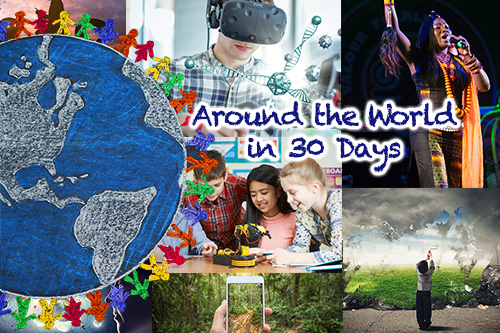
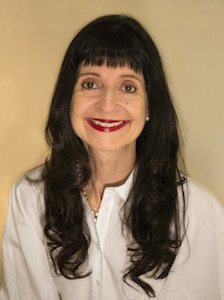
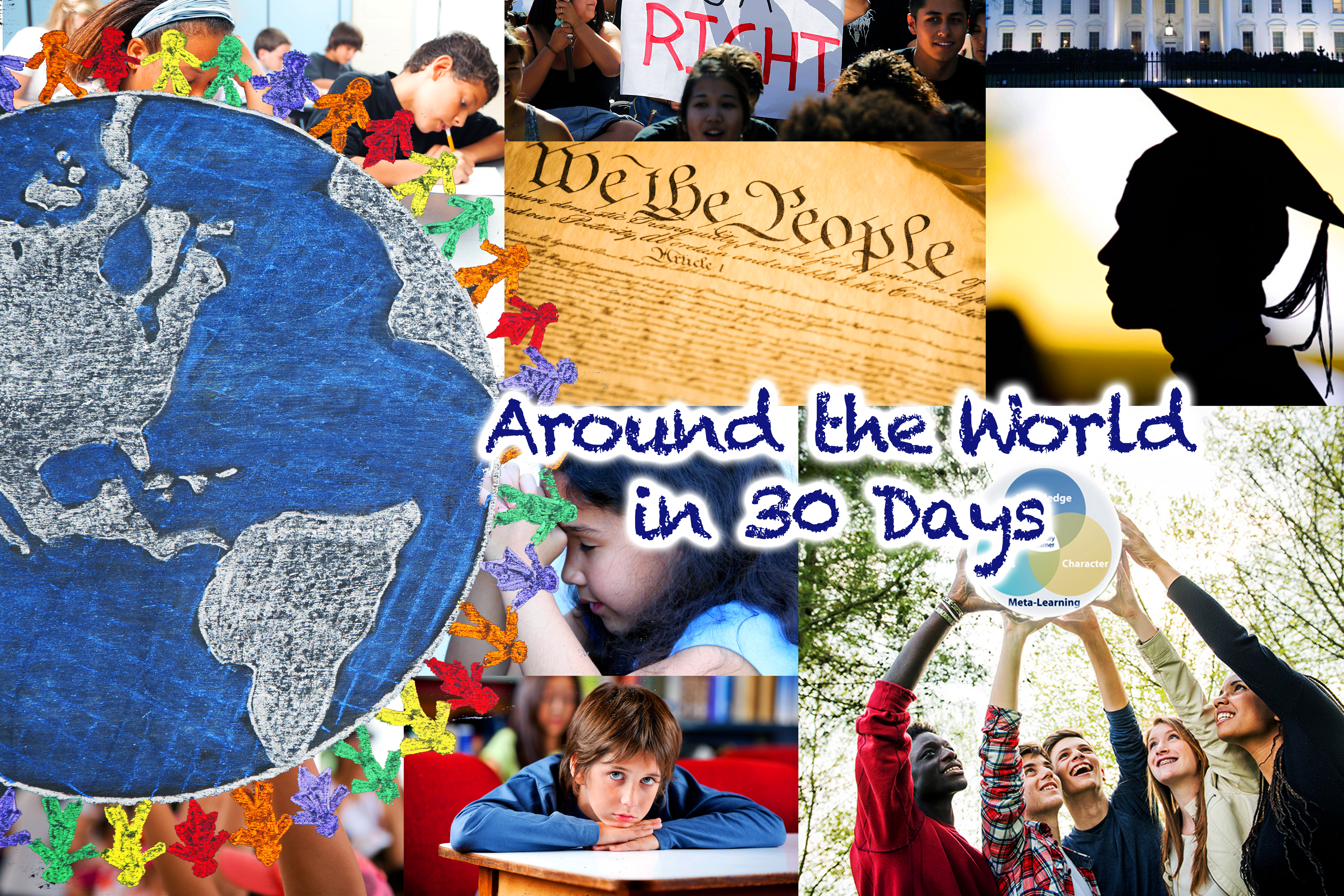
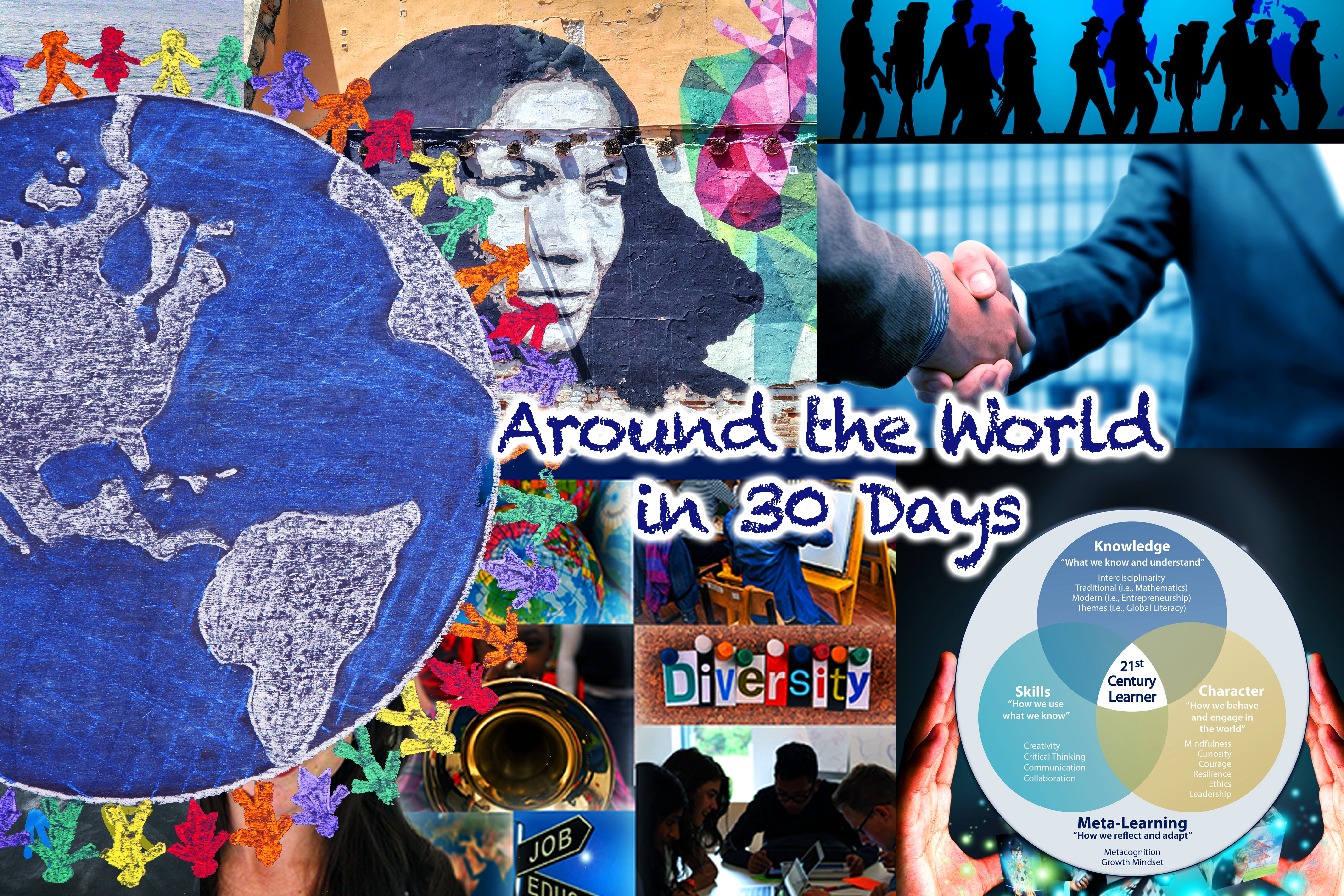
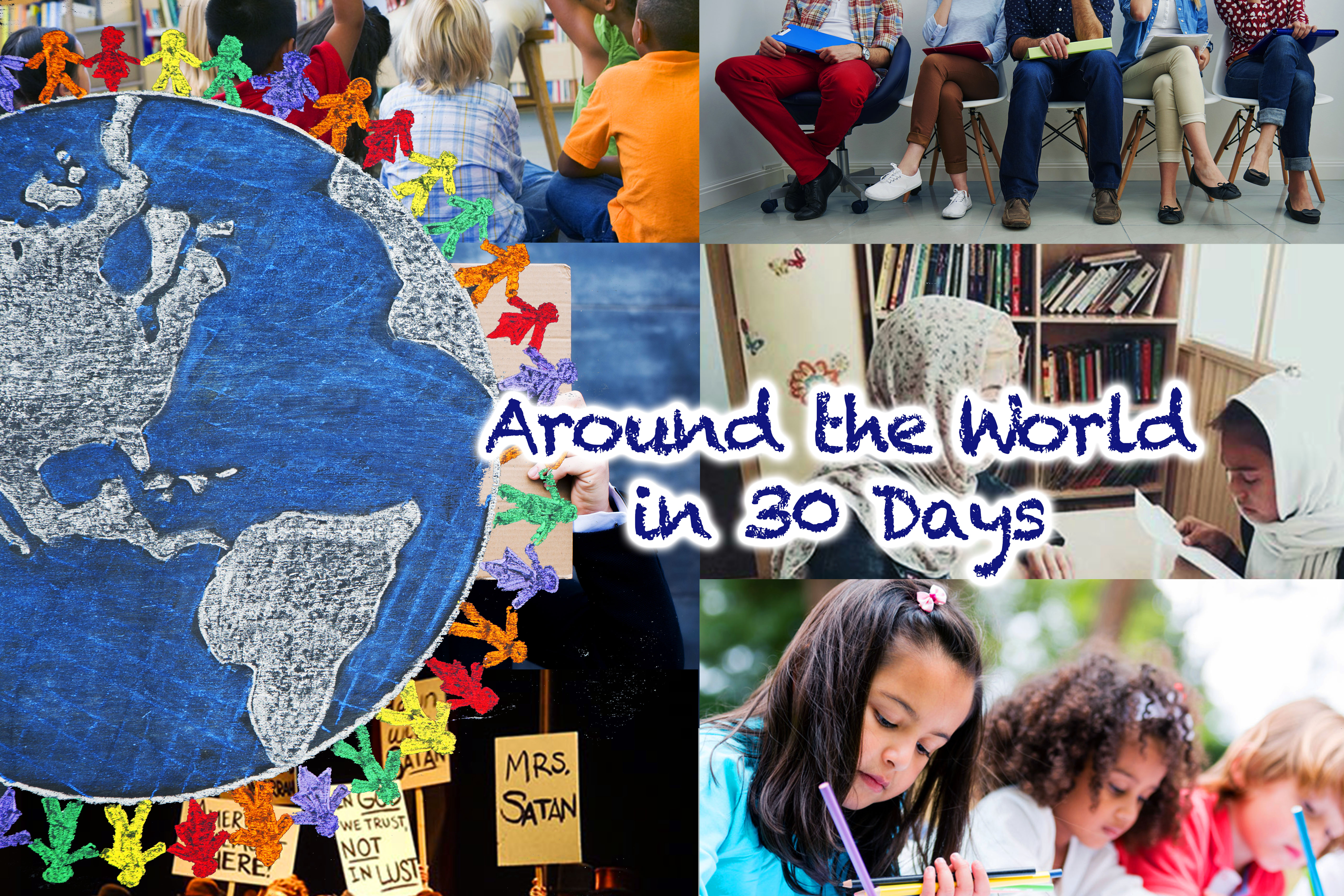
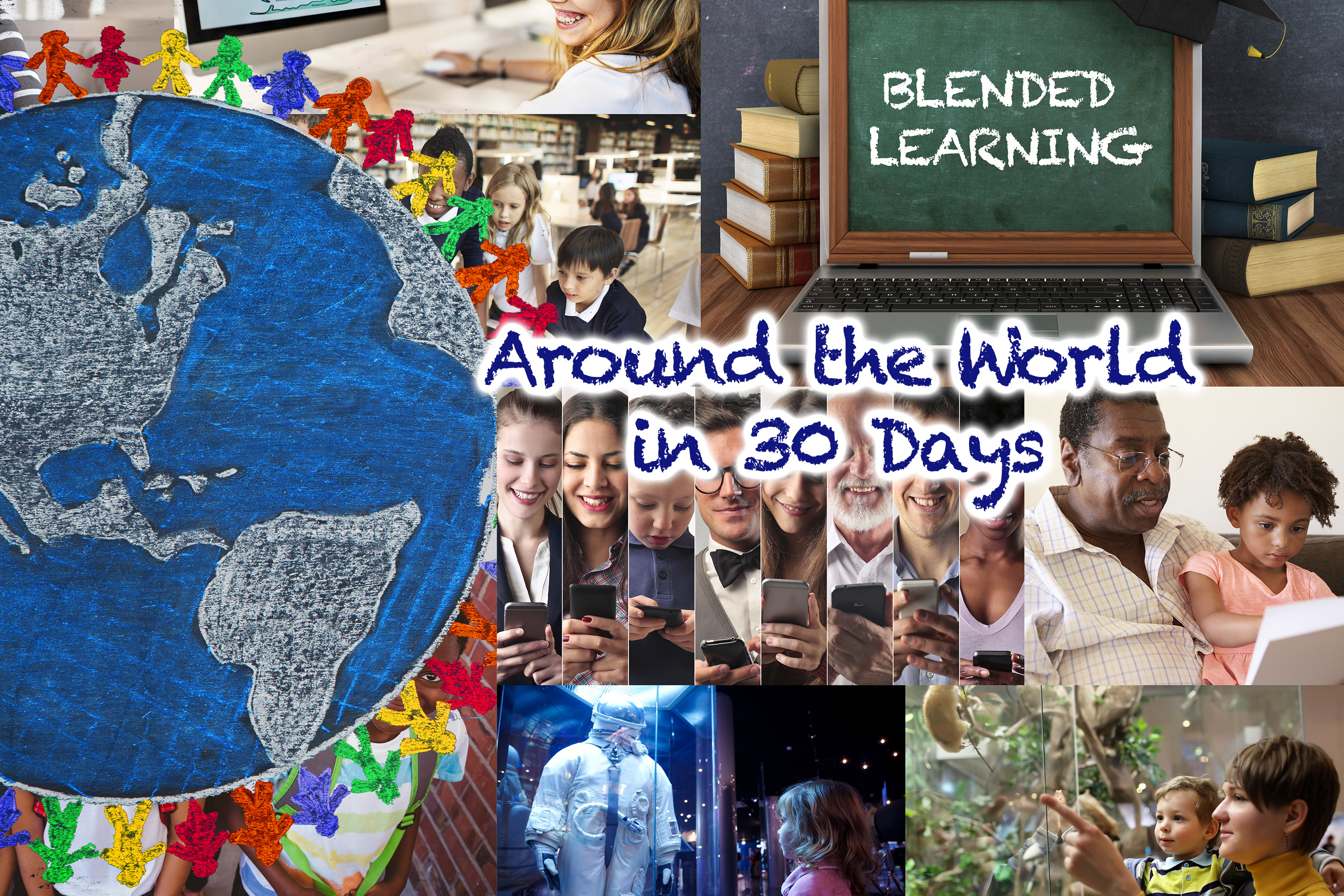
Πρόσφατα σχόλια